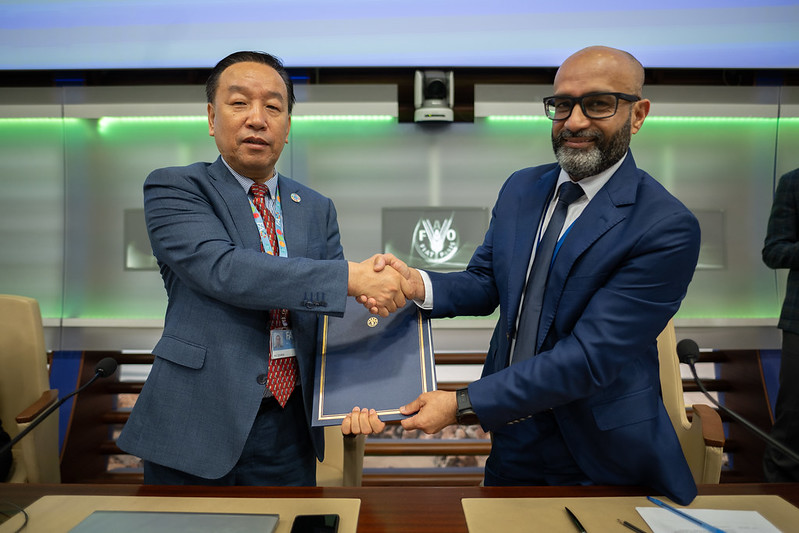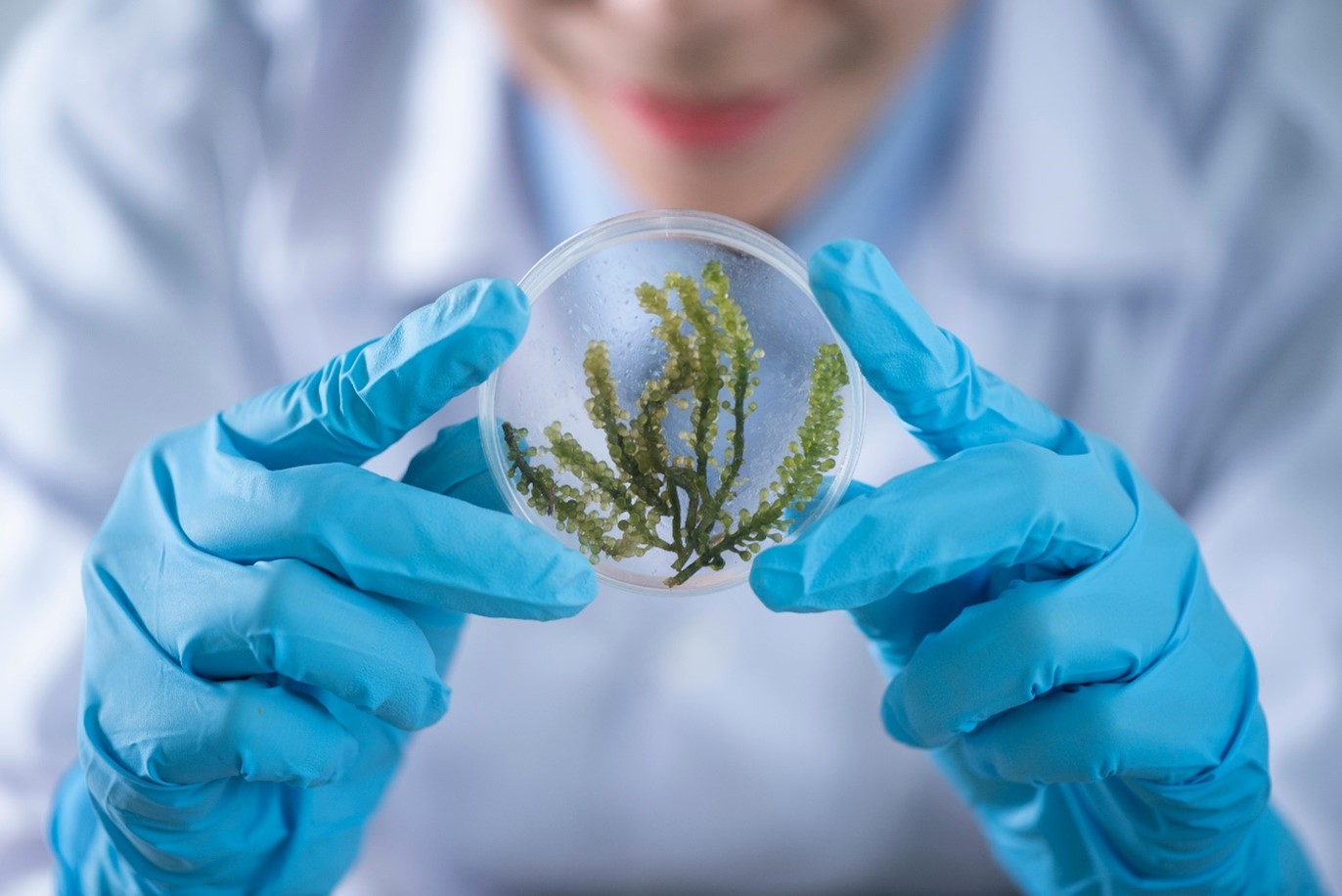IUCN and ECLAC sign cooperation agreement for conservation and sustainable development in Latin America and the Caribbean at COP28, with emphasis on Escazu Agreement
The International Union for Conservation of Nature (IUCN) and the Economic Commission for Latin America and the Caribbean (ECLAC) have signed a memorandum of understanding (MOU) at COP28, as a significant step towards environmental protection and the promotion of sustainable development in the region.
The MOU, signed in the sidelines of the 2023 United Nations Climate Change Conference (COP28), establishes a cooperation agreement focused on sustainable development, biodiversity conservation, climate change, and the protection of environmental defenders. The agreement has a special emphasis on collaboration for the implementation of Principle 10 of the Rio Declaration on Environment and Development, and the Regional Agreement on Access to Information, Public Participation and Access to Justice in Environmental Matters in Latin America, known as the Escazú Agreement.
Negotiations on the agreement were formally launched in 2014, led by ECLAC in its role as Technical Secretariat. The agreement was adopted on 4 March 2018 in Escazú, Costa Rica, and entered into force on 22 April 2021. To date, the agreement has been signed by 24 countries and ratified by 15 countries in Latin America and the Caribbean.
The momentum, generated by the negotiation of the Escazú Agreement, led to the adoption of Resolution WCC-2020-Res-051 at the World Conservation Congress in Marseilles, which established a mandate for the implementation of the agreement through technical assistance and capacity building for members of the Union. The momentum generated by the negotiation of this agreement led to the adoption, also in Marseille, of resolution WCC-2020-Res-051, urging the states of Latin America and the Caribbean to subscribe, ratify, and ensure the implementation of the Escazú Agreement in their countries.
In order to implement this mandate, the construction of strategic alliances with the governance structure of the agreement is required, especially with ECLAC, which plays a fundamental role as the Technical Secretariat.
"This MOU marks a new alliance which will strengthen actions to promote a sustainable future in Latin America and the Caribbean, where nature conservation and human rights are inseparable in order to reach well-being goals," said Grethel Aguilar, Director General of IUCN.
For his part, the Executive Secretary of ECLAC stated: “The conclusion of this cooperation framework will allow both institutions to strengthen ties in Latin America and the Caribbean to advance the environmental dimension of the 2030 Agenda and in regional commitments such as the Agreement Escazú for the benefit of the countries of the region. It will allow us to establish a strategic alliance with a key partner in the region to protect our natural heritage and build the foundations for a more productive, inclusive and sustainable future,” he concluded.
Both IUCN and ECLAC are celebrating their 75th anniversary this year and see this opportunity as a milestone to intensify joint efforts in favour of equitable development and sustainable conservation of natural resources in Latin America and the Caribbean.



